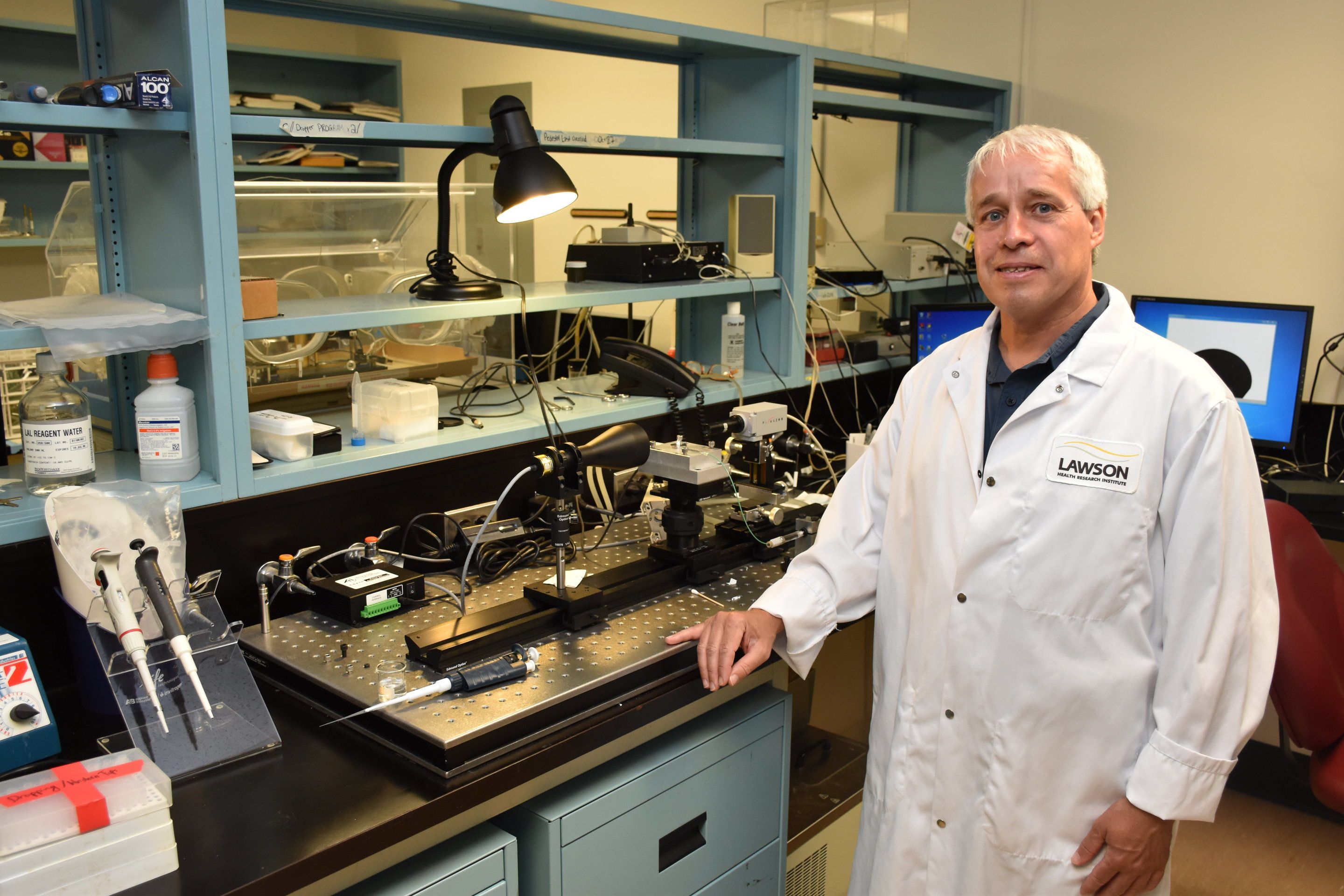“DATA SLAVERY.” Jennifer Lyn Morone, an American artist, thinks this is the state in which most people now live. To get free online services, she laments, they hand over intimate information to technology firms. “Personal data are much more valuable than you think,” she says. To highlight this sorry state of affairs, Ms Morone has resorted to what she calls “extreme capitalism”: she registered herself as a company in Delaware in an effort to exploit her personal data for financial gain. She created dossiers containing different subsets of data, which she displayed in a London gallery in 2016 and offered for sale, starting at £100 ($135). The entire collection, including her health data and social-security number, can be had for £7,000.
Only a few buyers have taken her up on this offer and she finds “the whole thing really absurd”. Yet if the job of the artist is to anticipate the Zeitgeist, Ms Morone was dead on: this year the world has discovered that something is rotten in the data economy. Since it emerged in March that Cambridge Analytica, a political consultancy, had acquired data on 87m Facebook users in underhand ways, voices calling for a rethink of the handling of online personal data have only grown louder. Even Angela Merkel, Germany’s chancellor, recently called for a price to be put on personal data, asking researchers to come up with solutions.







